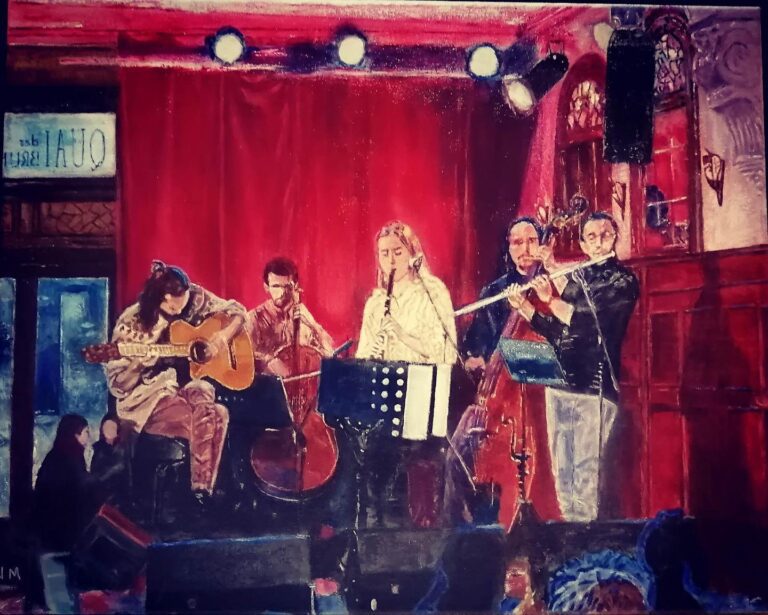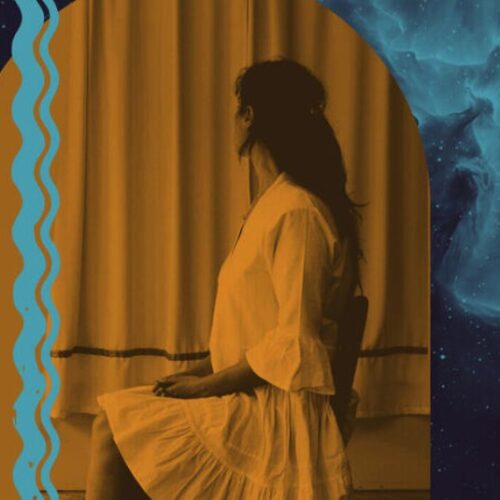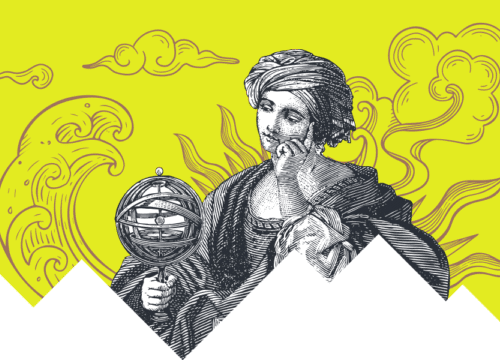Additional Information
Last April, Productions Nuits d’Afrique held the 16th edition of its annual Sylis d’or de la musique du monde Made in Montréal competition. A competition that has become a fixture on the city’s music scene. Among the many groups that didn’t make it to the finals, we at Pan M have singled out four that we’d like to make better known to the general public. Context being what it is in competitions, semi-finalists are too easily and quickly forgotten.
Traditional Eastern European, Gypsy, Balkan and Jewish klezmer music has no shortage of good advocates in Montreal. Add a little blues and Middle Eastern influences, and you’ve got a young ensemble called Kallisto that offers a refreshing take on some of the commonplaces associated with this music. Nothing to do with Lost Fingers.
During the Sylis d’or 2023 competition, we noticed this group of excellent musicians: Arthur Prieur (cello), Edy Silva (flute), Hugh Lapham (double bass), Jean-François McDonnell (guitar) and Josée MacInnis (clarinet and bass clarinet). Coherent ensemble playing, impeccable technique and a happy blend of original influences within a musical architecture already hyper-represented on the Montreal scene – that’s what we retained from Kallisto’s performance at the Sylis d’or, unfortunately no further than the semi-finals.
Meet one of our favorites from the Sylis d’or 2023 semi-finals, Kallisto.
Interview by Frédéric Cardin
Pan M 360: Hello gang! Kallisto, a happy marriage of klezmer/manouche/blues/Balkans/Middle East… How did you get here?
Kallisto: (Josée MacInnis) I moved to Montreal 5 years ago (in 2018) and was looking for musicians to do what I’ve always wanted to do, of course, which is play! I came across an Algerian rock band with whom I jammed a bit, but the group broke up just before the pandemic. Then I got the urge to join a world music band. I have a PhD in classical music, but I love jazz and I love world music. I was into gypsy music and I had some musician roommates (a flautist and a cellist) who got on board. Then, as I’m Jewish, I also wanted to explore these musical roots with klezmer and Eastern European music. Other musicians joined in, and the result was Kallisto.
Pan M 360: Did you return to your Jewish roots late in life? Why did this happen?
Kallisto: Let’s just say that where I used to live (London, Ontario, Nova Scotia), opportunities were pretty rare. Montreal was a catalyst for me. And it fed my creative and artistic process.
Pan M 360: How did the rest of it come about?
Kallisto: There was a lot of music in my family home. My mother is an opera singer. Then, while I was in London, I got involved with a Greek-Turkish/Armenian trad band, with oud and double bass. I played with them for a few years. The awakening of Jewish traditions slowly began at that point, as some of the musicians were Jewish too, but of the Sephardic (North African) branch, whereas my own roots are more Ashkenazi (Eastern European). Montreal finally allowed all this to blossom!
Pan M 360: How would you sum up your time at the contest?
Kallisto: It was a great experience. We needed that stress and pressure to perform in front of an attentive audience and a jury. It’s a good way of progressing towards professional status.
Pan M 360: Participating bands also need to be able to mobilize fans to support them and help them in the popular vote portion. What do you think of this need?
Kallisto: From a classical music perspective, but that’s just my opinion, it’s simpler and more reliable to rely solely on the judges’ vote. We’re then in control of our part of the equation – the music and the live performance. We rehearse and work on our product, and know that if something goes wrong, we’ll get feedback, based on reliable, measurable scales. It’s more difficult with the audience. All sorts of things can influence the vote. One stormy night and wham, our support pales in comparison with the previous evening. Or, if we have different types of audience, it can change the result. Take the Salsa band (La Tribu): wow! First, there are, like, 12 of them on stage, and they bring in a bunch of people who dance (salsa) and are motivated to cheer them on for a night or two. It’s fantastic! It’s an advantage, and they deserve it. But for us, it’s different: our audience tends to be made up of musician friends. And they go to dozens of concerts a year. It’s harder to motivate them to come to this one in particular. That said, I fully understand the idea behind this aspect of the competition: we don’t want to have only ensembles that play in a vacuum, mainly for a few friends. We want to develop groups that can propel the Montreal world music scene forward in terms of both quality and reputation. And that’s just fine.
Pan M 360: What’s missing right now to keep you going?
Kallisto: Places to play that are somewhere between bars where we pass the hat and the big official venues. That’s what’s missing in Montreal. Le Divan Orange was that kind of place where you could get paid, be professional and still be able to afford the venue, and take less risk of having an empty room when you’re less well known. There used to be other places like that, but there aren’t any left….
Pan M 360: Well, I hope you go straight to the next level and play at, like, Bourgie Hall!
Kallisto: That would be nice indeed… Thank you!
Photo credit : Nathalie Maynard























